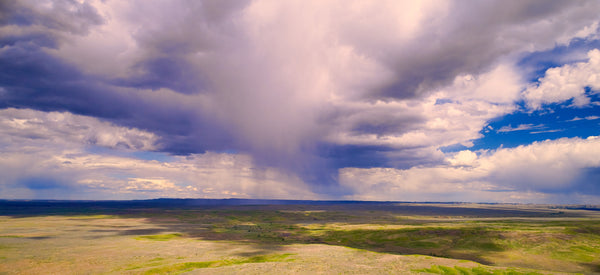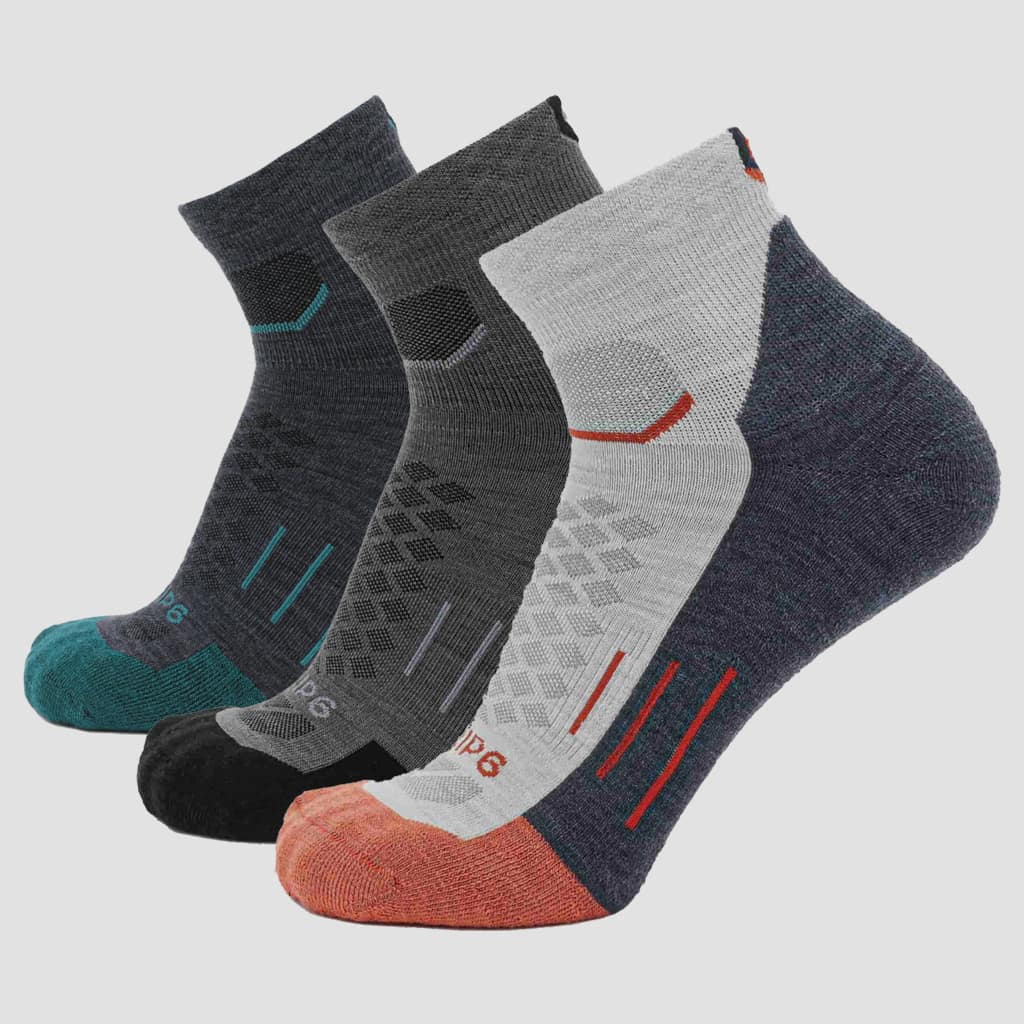Kevin Rogers is GRIP6's Creative Director who also heads up our Conservation Initiative. He shares his thoughts on everything from company conservation efforts to the lack of tv commercials in these blogs.
I spend a decent amount of time managing the GRIP6 Conservation Initiative. It’s mostly a labor of love, but there are always a few days a year that make me question the efficiency and the effectiveness of what businesses like ours are doing. First of all, I am not alone. There are thousands of people working for companies that are dedicated to some form of environmental discipline (and I use that term very loosely). These endeavors have taken on a myriad of nifty buzzwords like conservation, naturalist, regenerative, recycled, sustainable, organic, and so on. There are complex connotations tied to each one, and each has its loyal band of purveyors, charged with the self-appointed responsibility of singing commensurate praises on behalf of the companies they work for.
I grow weary.
People in our industry are used to wandering the halls of trade shows, pummeled by banners and booths from outdoor oriented companies, all with pseudo-inspiring environmental stewardship campaigns and green initiatives that inevitably include the words “earth” or “ocean,” depending on which trade show you’re at. I have dutifully sat through many of these conversations and I can say with some confidence that some of these companies are sincere and they are doing a lot of good. But man, some of it is hogwash, and I have spent a fair amount of time trying to devise a magic tool that will allow consumers to cut through the B.S., and not just to educate consumers on which companies are actually green, but to decipher which ones are full of crap.
As of yet, I have not been successful.

I want to be clear on something here. It’s not because I am looking for the greenest companies to support. It’s that it’s important for me as a consumer to verify that what a company says they are doing and what they are actually doing are even remotely compatible.
Case in point, I will never purchase a Volkswagen for as long as I live, but it’s not because they knowingly polluted our atmosphere with millions of vehicles sporting unregulated emissions technology. It’s because they lied to me.
I had to laugh the other day when I saw a Volkswagen commercial pushing their new line of electric cars. Rather than standing on their own green merits, they have subtly targeted Subaru drivers as being out of touch with nature because they aren’t sporting electric drive trains. Subaru drivers get a bad rap for a lot of things, (a lot of which they probably deserve) but of all brands, Subaru is well known for having one of the most loyal and most green demographics. That the folks at Subaru could be doing more is not disputed, but by pitting themselves against Subaru, Volkswagen is banking on the fact that consumers either have forgotten about their earlier emissions infractions, or that the collective principles of consumers are more like guidelines. In other words, we’re willing to bend them as long as the price is right.

Their gamble may pay off. Only time will tell. However, l often have to remind myself of one simple truth. Lies are never a party of one. Companies who have engaged in deceit on any substantial level are almost certainly doing it elsewhere.
Making money is hard. It should be. If it ever gets too easy, you should either start watching your back or start finding a good lawyer because you’re probably doing something illegal. Making enough money to be discerning in how you manufacture your products, opting for more expensive but more environmentally responsible materials or processes is next level stuff. It takes commitment, discipline, and vision. Having the means to manage all of those things and have leftover funds to donate to other organizations dedicated to conservation requires a level of selflessness that is not common in the business landscape.

These are the companies you need to be looking for. They probably walk a little more softly than the average eco-friendly brand. A real human will probably answer the phone when you call them. They are more humble, more receptive, and more pragmatic than most. If you ask them a question that they don’t have the answer to, they’ll say “I don’t know, but I’ll find out." Most importantly, they won’t lie.
Full disclosure, while I am pro eclectic vehicles, and pro Subaru, I unrepentantly drive a Toyota Tundra. It’s not small, not electric, and gets pretty terrible gas mileage. But it starts every time I turn the key, and I am one of those people who actually need my truck. As a builder, I tow trailers all the time. I anxiously await the day when an electric truck is available that doesn’t cost a fortune, and doesn’t look like it was designed to one-day shift into self driving mode and leave my driveway in search of the impending apocalypse.
Image: Kevin just put a fresh new GRIP6 sticker on his trusty Toyota Tundra.







Leave a comment
All comments are moderated before being published.
This site is protected by hCaptcha and the hCaptcha Privacy Policy and Terms of Service apply.